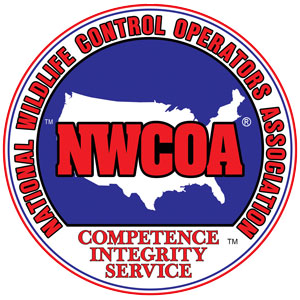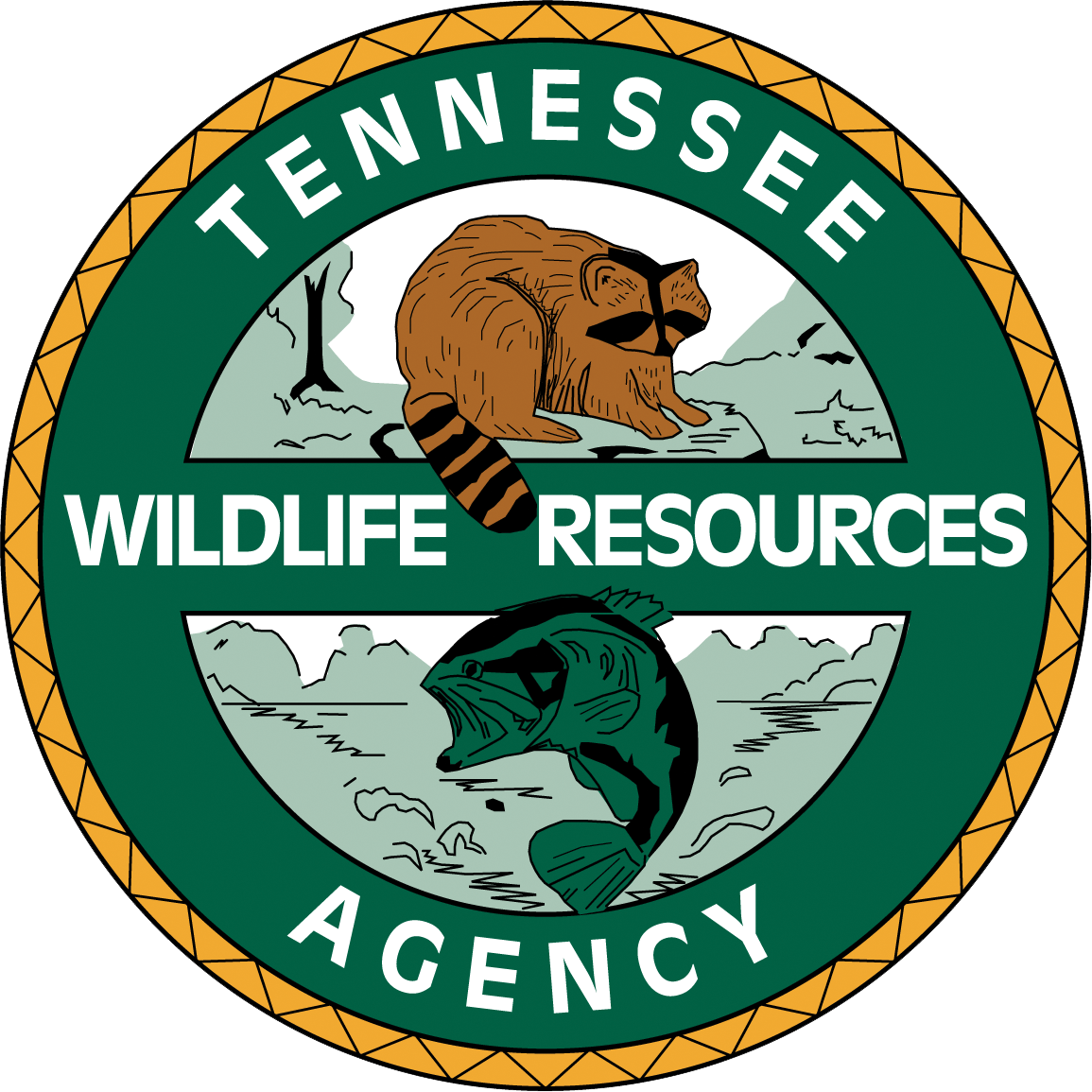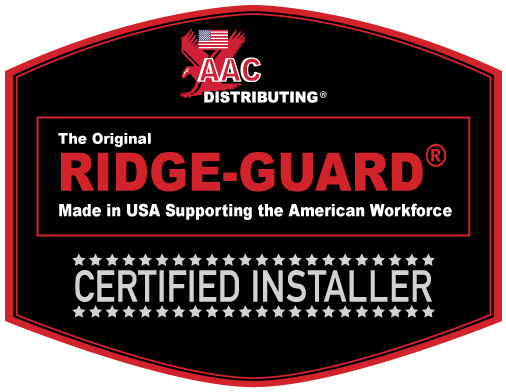Raccoons can captivate with a mere glance, their presence isn't always benign. As the leading wildlife removal and control experts at Zombie Wildlife, we've witnessed first-hand the challenges they can bring to our community. Native to North America, they are easily recognizable with their "masked" appearance. While they possess an inherent curiosity, often seen as they rummage through trash or explore surroundings, they're also highly adaptable. This adaptability means they can thrive both in the wild and urban settings. Primarily nocturnal, these creatures take advantage of the night to forage, find shelter, and sometimes, cause a bit of chaos.
It's quite common to hear stories of the cute bandits that occasionally knock over a trash can or two. But it's essential to understand that these incidents are just the tip of the iceberg. Beneath their charming exteriors lie several challenges that homeowners often grapple with. Imagine waking up one day to find your attic in disarray. Insulation torn apart, unpleasant odors permeating the air, and the unmistakable signs of an unwanted guest. This scenario isn't uncommon in homes that raccoons choose as their shelter. Their strong, nimble fingers allow them to manipulate objects, sometimes leading to significant property damage.
However, physical damage isn't the only concern. Raccoons are potential carriers of diseases that are harmful to humans. Rabies, a deadly virus, tops this list. The mere possibility of a raccoon transmitting this disease to humans or pets is cause for alarm. Moreover, the threat of other diseases like roundworm and leptospirosis lurks behind those innocent eyes. While many might consider them harmless, or even shy, raccoons can display aggressive tendencies. Especially when cornered or when their young are threatened, they can resort to biting or scratching, leading to potential injuries.
With all these challenges, the next logical question would be, why not simply remove them ourselves? While the DIY approach might seem enticing, it comes with its own set of risks. Without proper knowledge and equipment, homeowners might find themselves at the receiving end of a raccoon's aggression or even contract the diseases they carry. This is where the expertise of professionals like us at Zombie Wildlife comes into play. Our team understands raccoon behavior intricately. We know their habits, what attracts them, and more importantly, how to safely remove them without causing harm. Furthermore, prevention, as they say, is better than cure. And we firmly believe in this adage. Beyond just removal, we offer guidance on making your property less inviting to these critters.
Yet, it's not just about the homes they invade or the diseases they carry. Raccoons have a more significant impact on the environment. Their presence can sometimes pose a threat to local wildlife, especially smaller animals. When they forage or hunt, the balance of local ecosystems can be disturbed. In urban environments, where food sources are plenty, raccoon populations can surge. This unnatural increase and the consequent competition for food can have cascading effects on other local wildlife species.
FAQs
Q1: Do raccoons have any natural predators in Oak Ridge?
A1: In their natural habitat, raccoons have predators like coyotes, bobcats, and great horned owls. However, in urban areas like Oak Ridge, these natural predators might be less prevalent.
Q2: What's the average litter size?
A2: A female typically gives birth to a litter of two to five young ones annually.
Q3: Are raccoons good swimmers?
A3: Absolutely! They are adept swimmers and can swim at speeds of up to 3 miles per hour.
Raccoons, with all their charm are creatures that need to be approached with caution. Their potential threats to health, property, and the environment make it imperative for homeowners in Oak Ridge, TN, to stay informed and vigilant. If you ever find yourself face-to-face with these masked adventurers,
contact Zombie Wildlife; we are here to ensure your safety and peace of mind.





